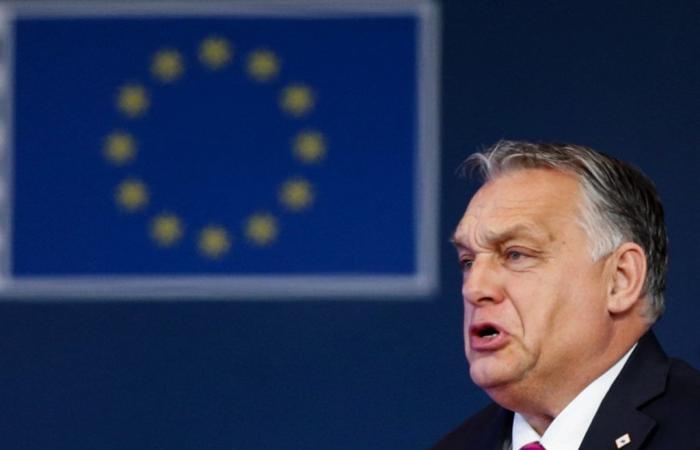This Monday, July 1, Hungary takes over the presidency of the Council of the European Union for the next six months. The country led by Viktor Orban thus succeeds Belgium and intends to make its mark.
This Monday, July 1, Hungary takes the helm of the Council of the European Union. According to the rules in force, each semester, an EU member country takes the head of the European Council. A presidency described as “rotating” established according to an agenda set until 2030.
This Hungarian presidency is particularly scrutinized because the country is known to be hostile to the policies pursued by the EU. This was particularly the case on the thorny issue of Ukraine. Indeed, at a time when kyiv is beginning negotiations to join the Union, and in a context where the major Western powers have given their support to Volodymyr Zelensky (Emmanuel Macron in the lead), the stance of Hungarian Prime Minister Viktor Orban has often gone against the grain.
Close to the Russians and Vladimir Putin, the leader has notably opposed several measures to help Ukraine. “Around 40% of the decisions wanted by the EU on Ukraine are blocked,” Lithuanian Foreign Minister Gabrielius Landsbergis denounced in May. Even though Hungary has accepted the opening of negotiations to integrate Ukraine into the EU, it still vetoes the payment of the 6.6 billion euros in military aid granted to Ukraine.
However, the Hungarian authorities are keen to be reassuring. Last week, the Hungarian ambassador to Brussels, Balint Odor, launching the programme for his country’s future presidency, stressed that Europe “needed clarity”, before assuring that his country would do as its predecessors had done. “It will be a presidency like any other, we will act as an impartial mediator”, he assured.
Towards a new European parliamentary group
The fact remains that almost a month after the European elections of June 9, Western fears were nevertheless revived this Sunday thanks to an announcement by Viktor Orban. The latter thus revealed the formation of a new alliance called “Patriots for Europe.”
This is a parliamentary group project composed in particular of Herbert Kickl, the leader of the far-right Austrian party FPÖ, and the centrist movement of the former head of the Czech government Andrej Babis. However, the group still needs to be supported by at least four other countries to be recognized in the European Parliament.






